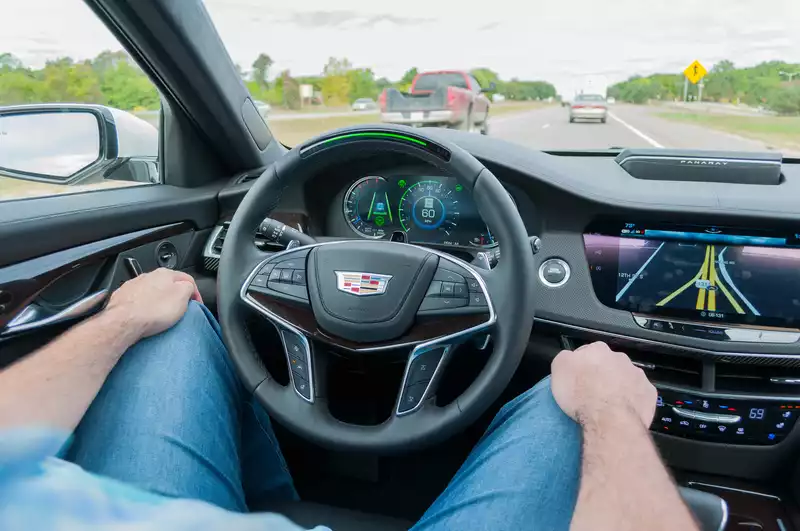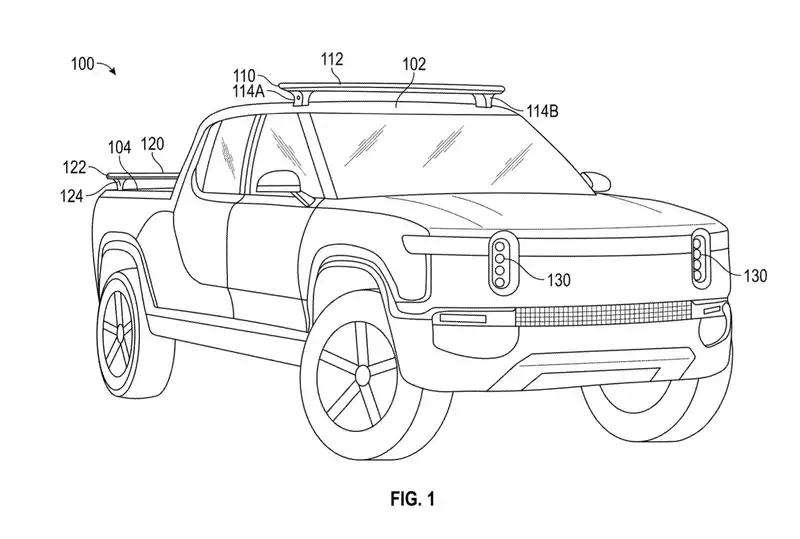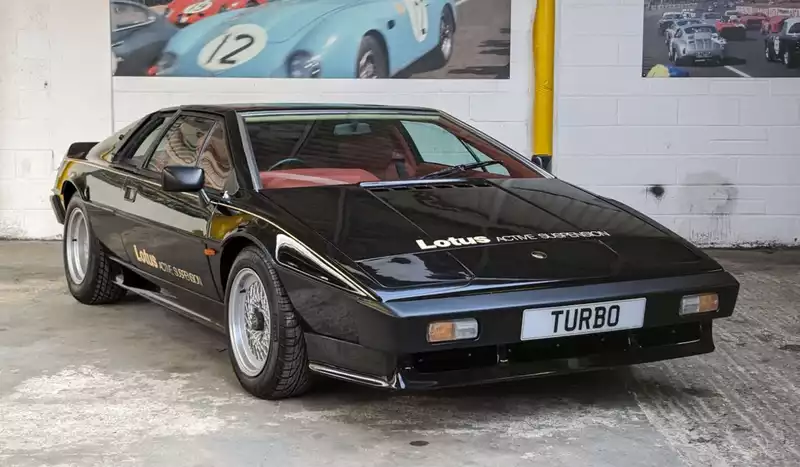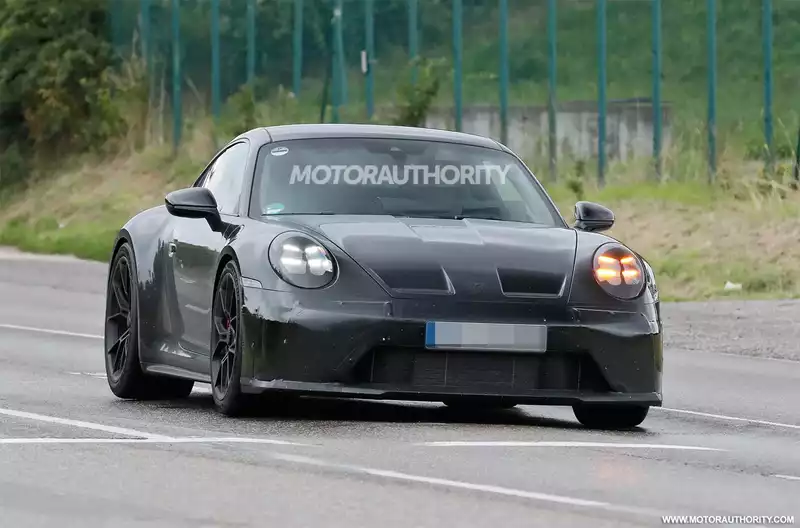VW's "Project Trinity" technology flagship could compete with the Tesla Model 3 under the ID.4 designation.
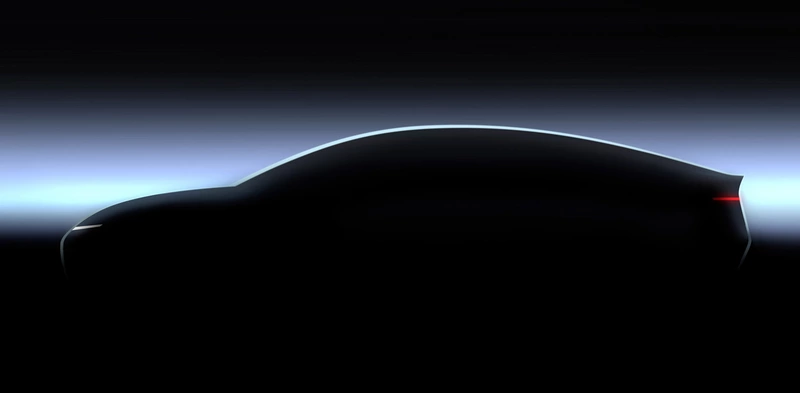
The Volkswagen Group has hinted for the first time that it plans to manufacture Volkswagen-branded electric vehicles in highly automated production methods in the second half of 2020.
The car, code-named Project Trinity, was specifically chosen because it represents three main tenets: a new platform, a new production process, and automated driving technology with integrated artificial intelligence, which is confirmed to appear in 2026, It will be the first car to be built at VW's state-of-the-art plant to be built in Wolfsburg, Germany, VW's home base.
VW brand boss Ralf Brandstetter revealed some details in an interview with Germany's Welt Am Sonntag newspaper published last year. According to him, the Project Trinity will start at about 35,000 euros (about $37,000) and will be in a similar segment as the Tesla Model 3. A teaser sketch (main) released at about the same time reveals the car to be a sleek sedan or hatchback.
Autocar reported Thursday, citing anonymous insiders, that Project Trinity is a hatch, featuring the ID.4 badge and meant to be part of the expanded ID.4 family, which includes an updated version of the current ID.4 small crossover.
However, Project Trinity will not be on the MEB platform that underpins the current ID.4. Instead, it will be the first model based on a highly standardized platform known as the Scalable Systems Platform (SSP). This platform will standardize not only the structure, but also the battery cells and software, and could eventually support most vehicles in the entire VW Group brand portfolio.
According to Autocar, one of the key changes resulting from the SSP is the switch from the MEB's 400-volt system to an 800-volt electrical system. This will allow for faster charging times than are possible with the MEB platform.
Software, including automated driving technology, will also be a feature of Project Trinity and future vehicles from the VW Group. Look for wireless updates, on-demand capabilities, vehicle-to-everything (V2X) communications, and an in-house operating system called VW.OS, currently under development by VW Group's Cariad software division.
As for automated driving technology, VW has stated that Project Trinity is technically capable of Level 4, the SAE scale of automated driving capability, but will not have this capability at launch. Level 4 means a vehicle that can drive on its own, albeit only under set conditions, the usual ones being a geofenced area with sufficient map data. Outside of set conditions, the driver must regain control, which is similar to a Level 3 vehicle. Level 4 cars, however, have the special ability to stop safely in the unlikely event that the driver fails to regain control. The ultimate goal is a Level 5 car that can handle all of the same conditions expected of a human being.
